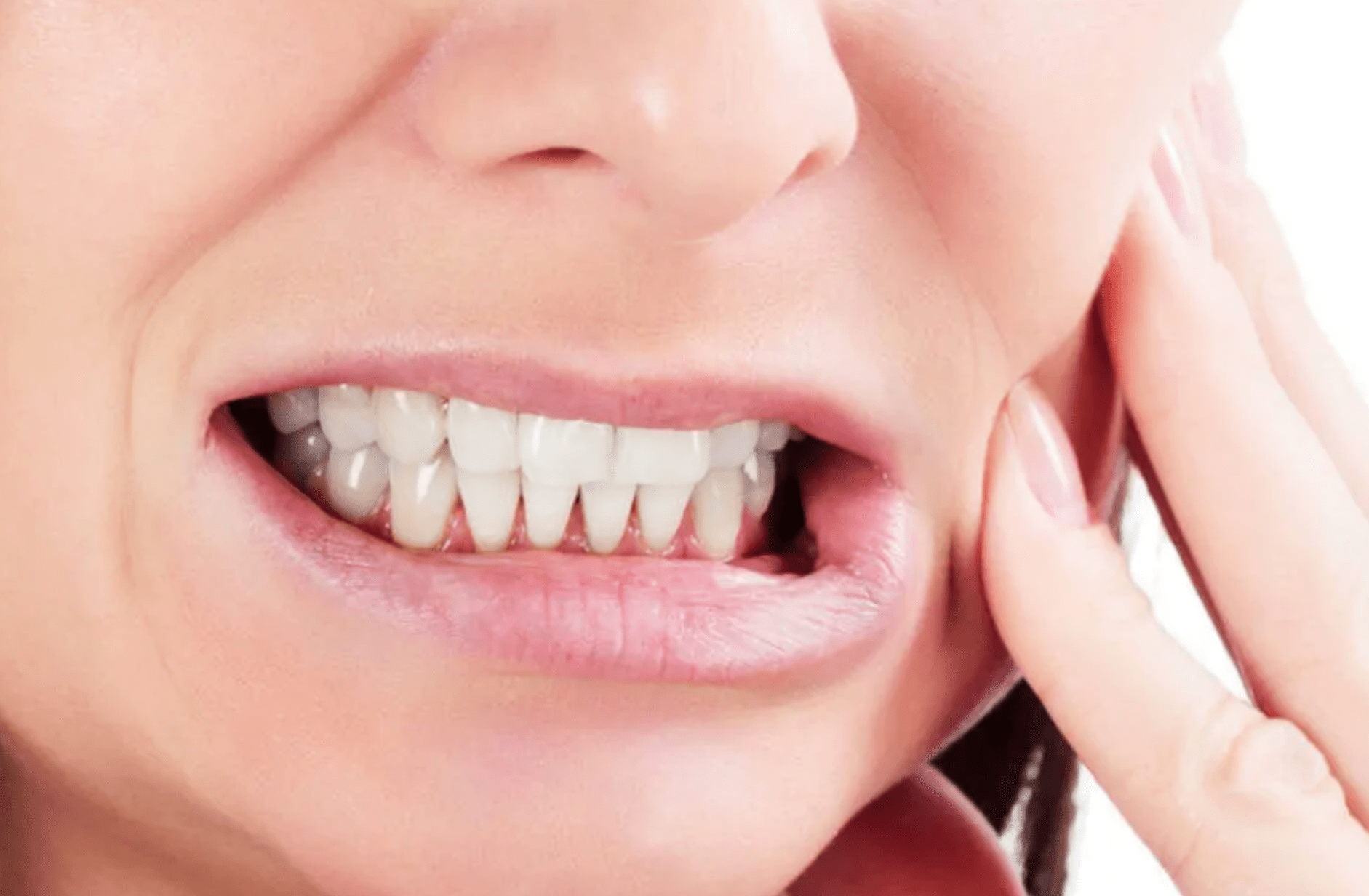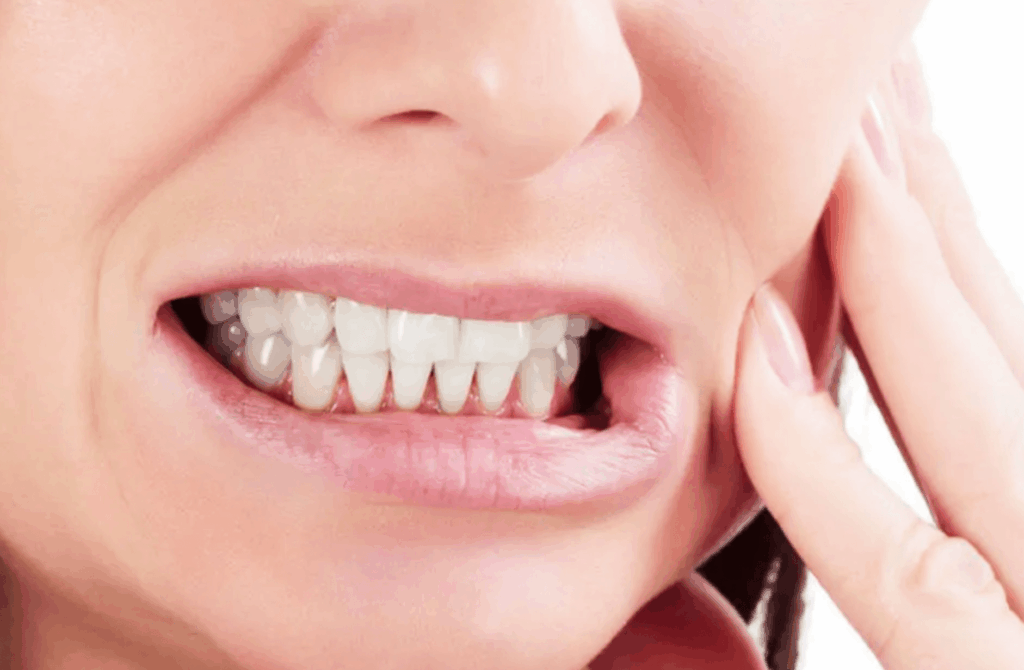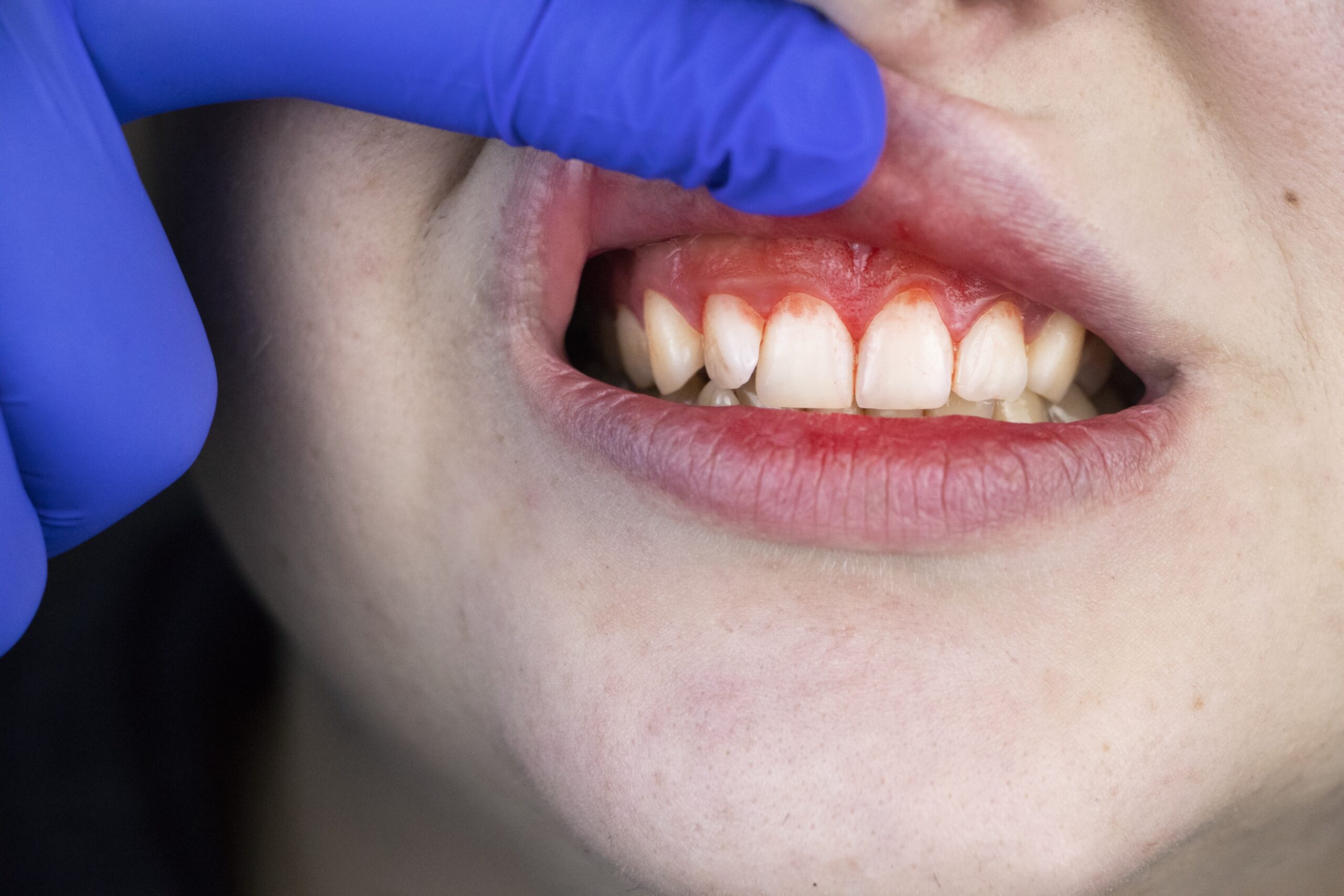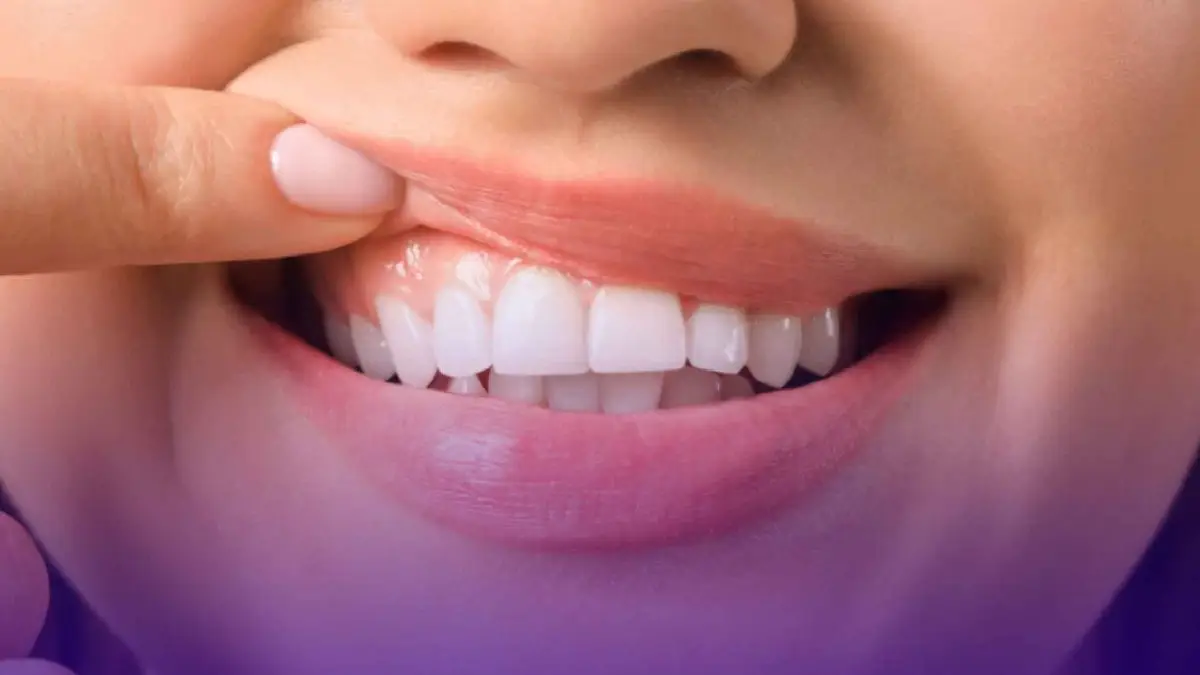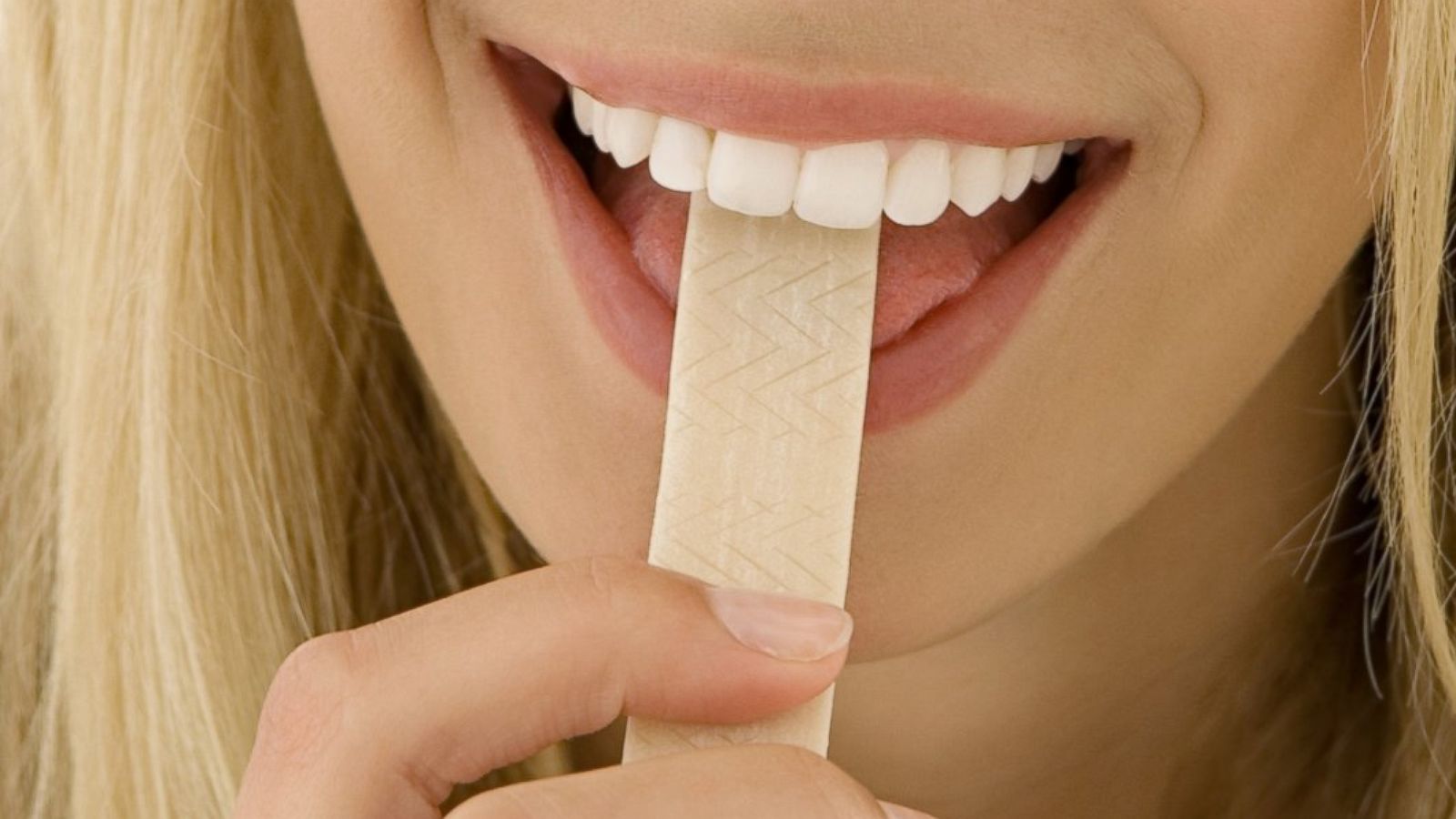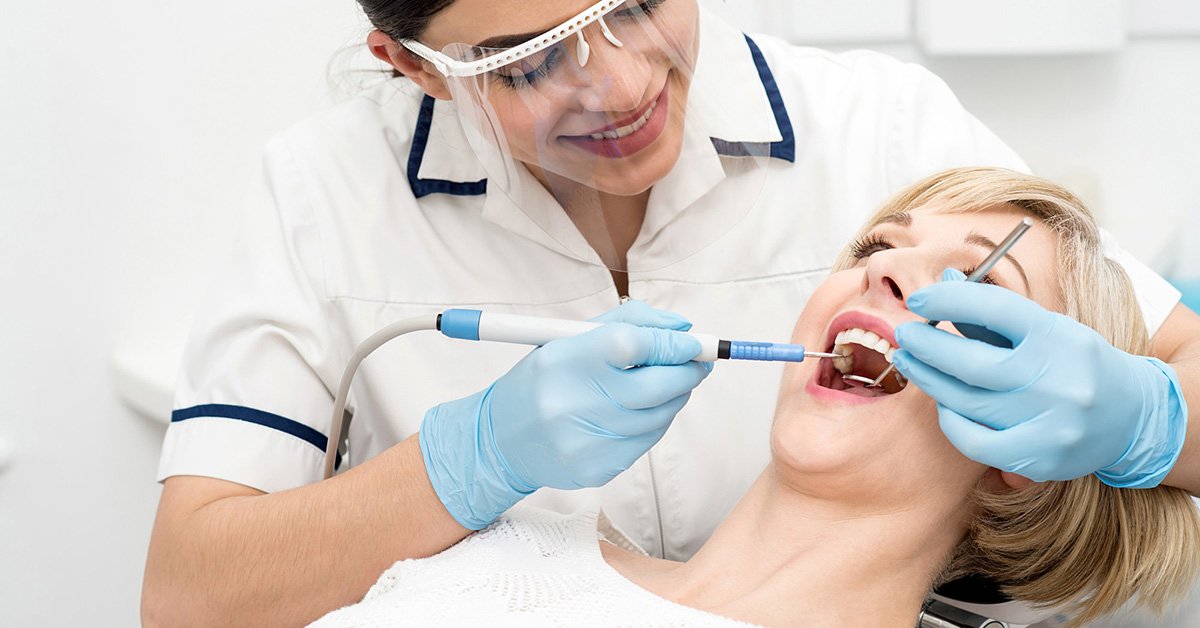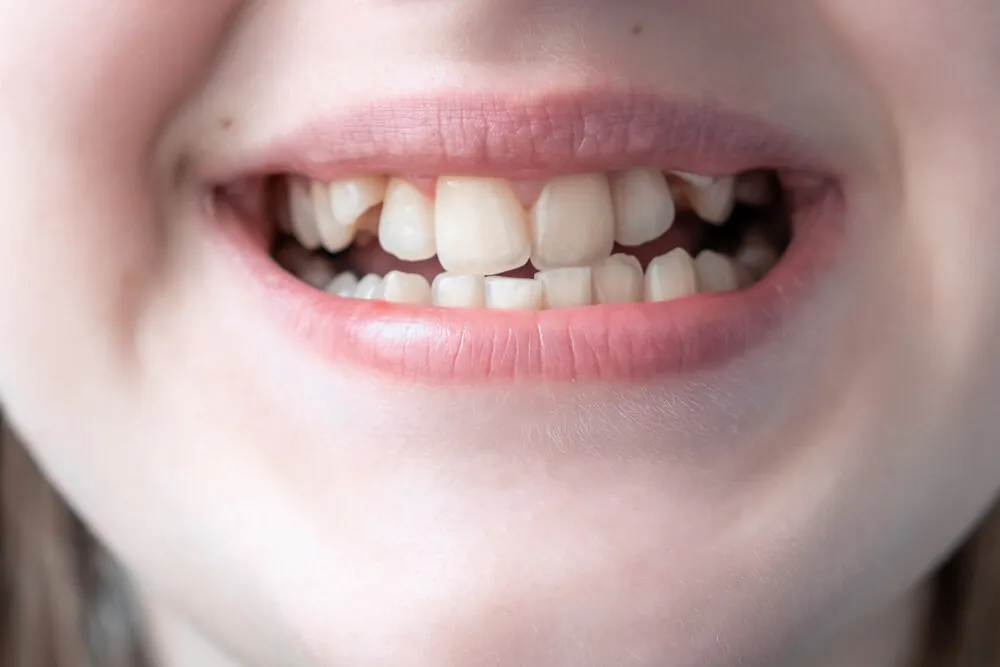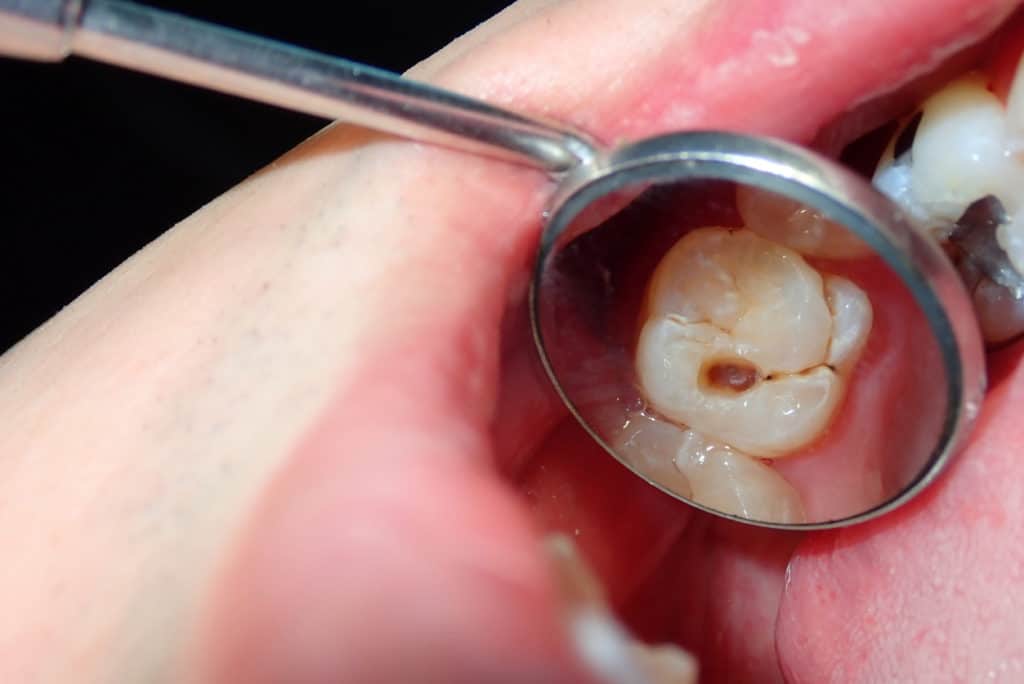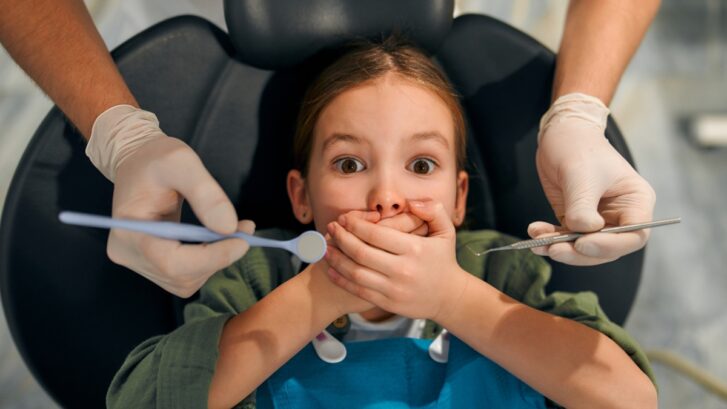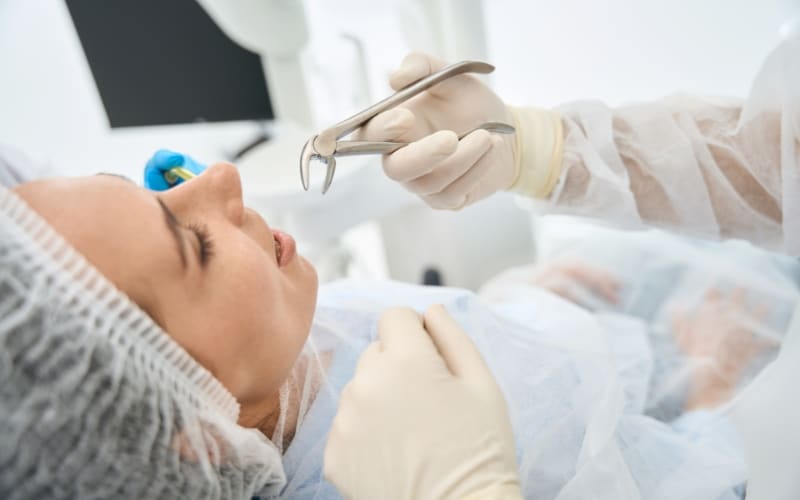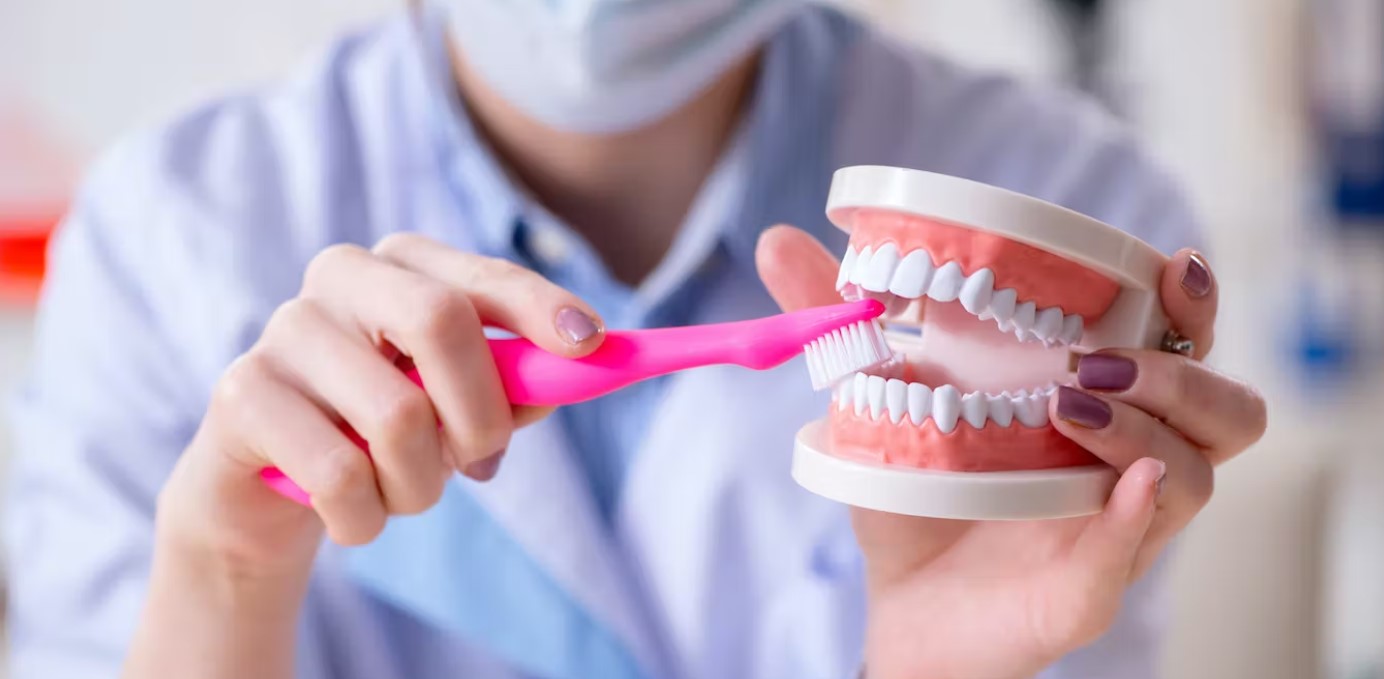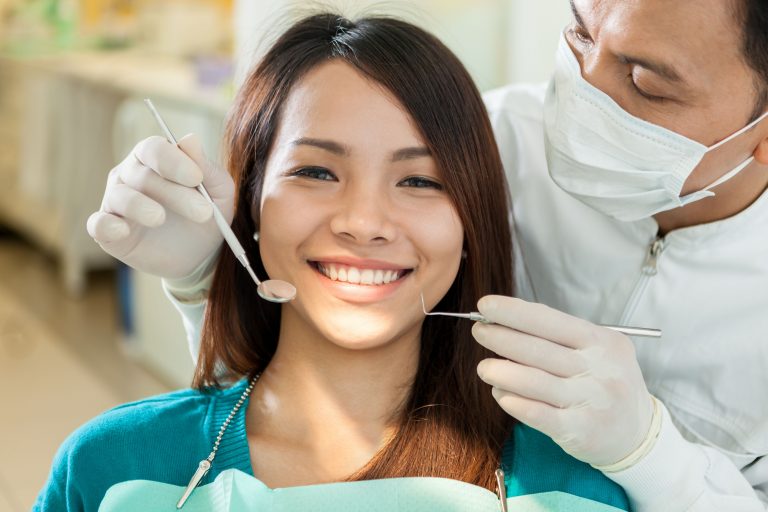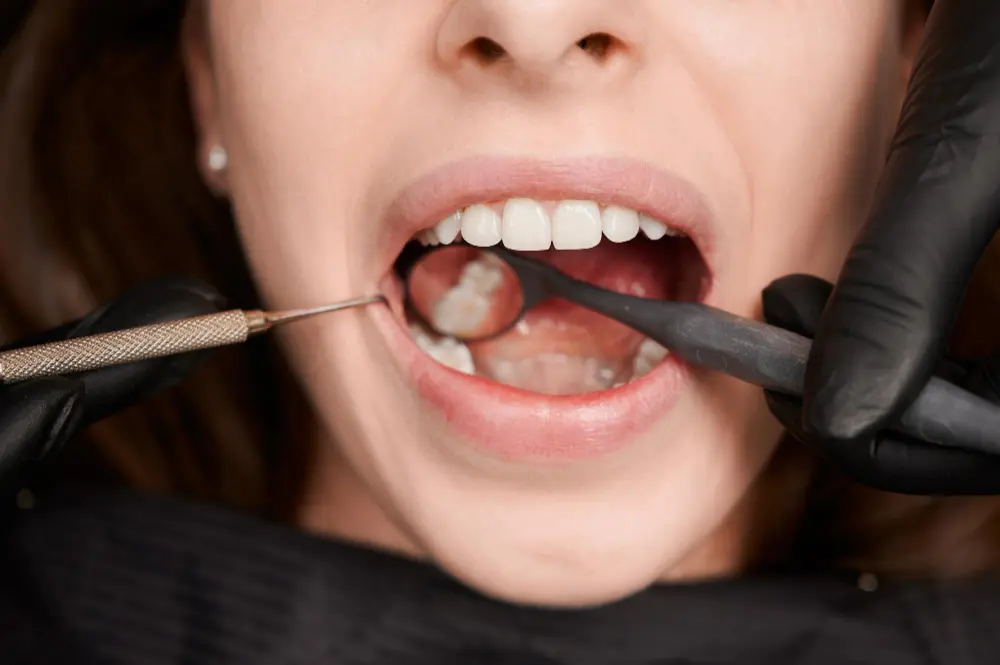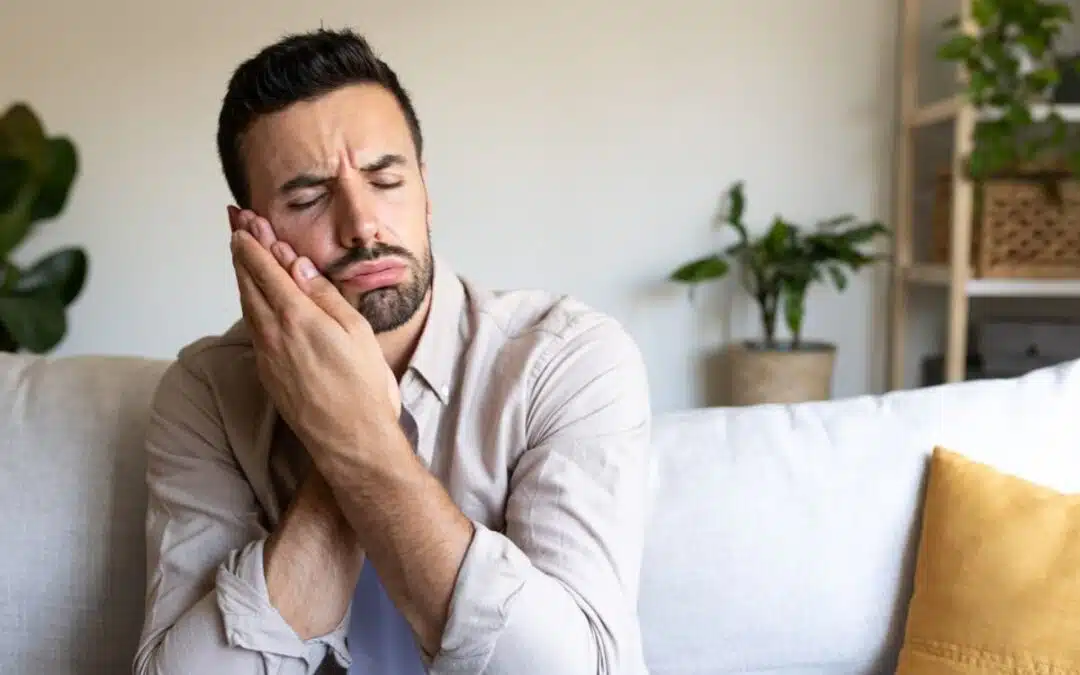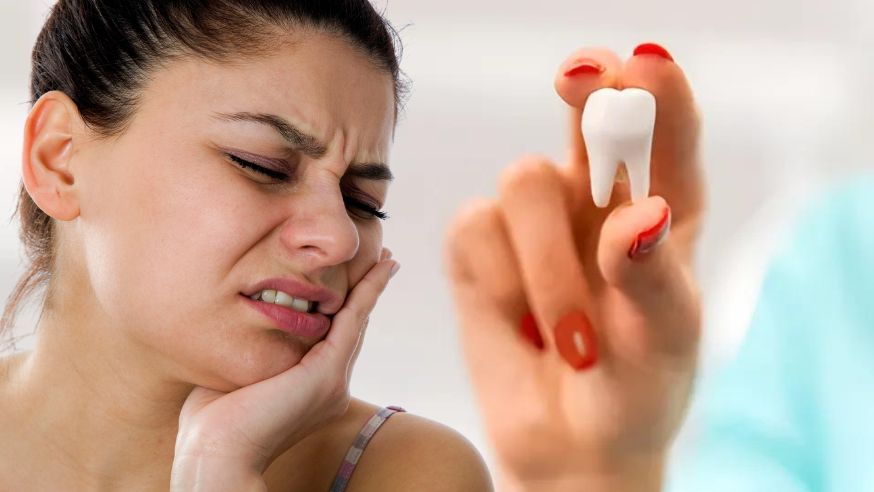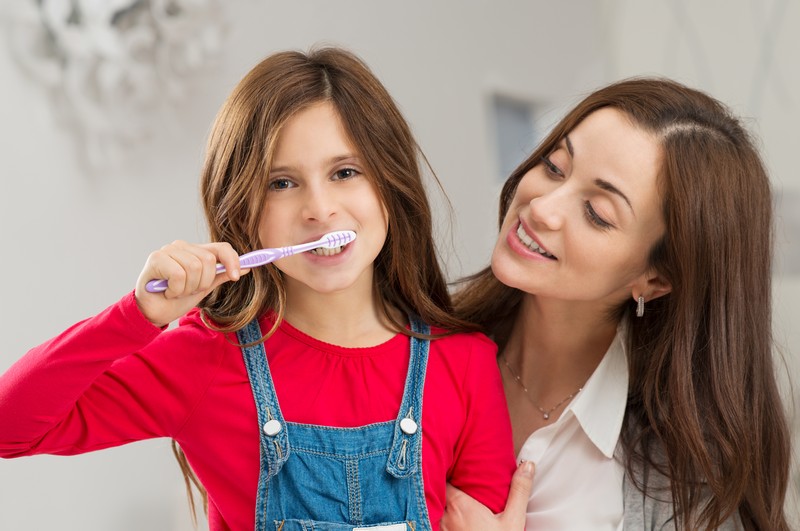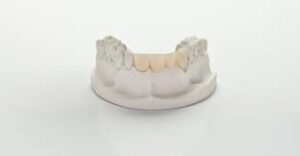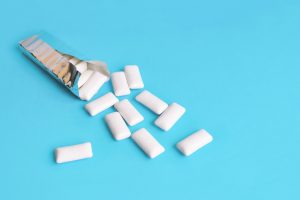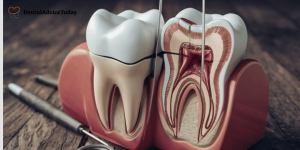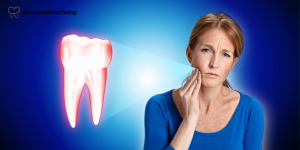You should know that bruxism, or teeth grinding, can adversely affect one’s dental health if left unchecked. You can have jaw pain, tooth damage and even sleeping problems as a result of constant grinding.
You need routine dental checkups to monitor signs of early tooth grinding. You may also learn relaxation techniques or be given mouth guards to protect your teeth. You need to know that if you get early care you can prevent long-term oral problems due to bruxism.
How Many Types of Teeth Grinding (Bruxism)?
It is important to understand that grinding of the teeth occurs in two basic types. You can suffer from awake bruxism in the day and sleep bruxism at night. You should know about both of them because they have different effects on your teeth and jaw.
Awake bruxism
Another thing that one must know is that awake bruxism involves clenching one’s teeth unconsciously during the day. You need to relax your jaw on a regular basis to eliminate strain and prevent the wear and tear of your teeth.
Sleep bruxism
You for your part should know that sleep bruxism occurs when you grind your teeth at night. You can suffer from jaw pain, headache or worn teeth first thing in the morning. You should wear a nightguard and control stress if you don’t want to cause the teeth to be damaged any further.
Which Teeth Grinding (Bruxism) symptoms are Important to consider?
You will be aware that teeth grinding is capable of displaying a number of symptoms that you might ignore initially. You can suffer from jaw pain, headaches, ear pain or even tooth sensitivity. You should always pay attention to these signs as they will get worse with time. You may also experience pain or tightening of muscles when you chew or talk.
You should have regular dental visits in order to detect early signs of wear and to protect your teeth. However, complications can be prevented by early treatment of bruxism. You need to know that you can manage stress and healthy sleep habits can effectively reduce these painful symptoms.
Headaches or facial pain, especially in the morning
You may awaken with headaches or pain in your face if you grind your teeth at night. You should know that this pain occurs because your jaw muscles remain tense for many hours. You can experience soreness in your temples or cheeks when you wake up.
You should massage your jaw or apply a warm compress to relieve it. You can also see your dentist in order to discuss the treatment options. You need to have control over your stress during the day so that it does not put pressure on your jaw at night. The improvement can be found very soon with relaxation and proper care.
Earaches
You should know that there is pressure from teeth grinding that makes you have earaches. You can experience pain around your ears without having an ear infection. You may mistake this pain to be actual ear problems, but it may be jaw tension. You should also try to relax your jaw muscles throughout the day to avoid tightness.
You can also try some gentle stretching exercises to rejuvenate the strain. If the symptom persists, it is necessary to talk to the dentist about it. To protect the ears and the joint of the jaw, the patient may need a mouthguard or therapy to reduce the grinding force.
Sore jaw muscles
You will experience soreness or tightness in your jaw muscles after sleeping while rubbing your teeth against each other. You may find that you have trouble chewing or speaking due to muscle fatigue. The area needs to be massaged carefully and hard foods should be avoided which puts pressure.
Warm compresses are also a good way to relax the muscles. You should perform stress-relief techniques such as deep breathing or meditation to avoid repeated clenching. You may speak to your dentist about nightguards to protect your teeth and to eliminate the constant tension being applied to your jaw.
Tinnitus (ringing in your ears)
You should be aware that if you grind your teeth, it could cause tinnitus or ringing in your ears. You can hear a buzzing or clicking noise but there is no external noise. You are able to feel this sense of strain on the nerves close to your jaw and ear space. You should not indulge in stressful activities and try to relax the jaw muscles.
You are also able to improve your sleep posture to remove pressure during sleep at night. You should talk to a dentist or an ENT specialist if the tinnitus does not disappear. Once muscle tension and grinding are controlled, you’ll feel relieved.
Pain when eating
You may experience pain when eating when your teeth grinding becomes severe. You will need to know that the pressure that is constant will weaken your teeth and jaw joints. You can feel discomfort when you chew or bite, especially when eating hard food. You must eat soft meals and avoid snacks that are crunchy during the phase of recovery.
You can also perform mild stretches for the jaw to help increase flexibility. You should see your dentist to see if you have worn enamel or cracked teeth. You may be provided with a custom made nightguard or therapy to prevent further damage and make eating comfortable again.
Difficulty opening and closing your mouth
You should have noticed if your jaw is stiff or clicks when you open or close your mouth. This can be due to tension or muscle strain as a result of constant grinding. You can experience trouble yawning, chewing or talking comfortably.
Warm compresses can also help to relieve stiffness. You should not make large jaw movements such as biting large food or shouting. You may want to consult your dentist if the stiffness persists since early treatment can prevent serious jaw problems.
What Are the Common Reasons Behind Teeth Grinding (Bruxism)?
You should know that teeth grinding may occur for numerous reasons, of which, the majority are associated with your daily habits, your health or your emotions. You may not notice the impact of stress, medication or sleep issues on your jaw. These causes should be known so that permanent damage is avoided.
Bruxism is easily managed by early identification of the underlying trigger. You should discuss with your dentist the best solution for you that works with your lifestyle and will help you prevent any further wear or pain in your teeth.
Lifestyle habits
Lifestyle habits such as stress, caffeine consumption or alcohol consumption should be known because they can trigger teeth grinding. You may be grinding your teeth when you are anxious or tense. The habit can be minimized by controlling your stress levels and avoiding stimulants in the evening. You need to establish a peaceful bedtime routine and also drink plenty of fluids to loosen up your muscles. However, you can experience less symptoms when you engage in daily healthy activities.
Certain medications
Well, you have to know that some drugs can make it easier for you to grind your teeth. This can be the case if you are using antidepressants or stimulants. You can consult your doctor in case you experience jaw tension after taking a new medication. You should not quit medicine suddenly but consult a professional for advice. Grinding can be controlled by using mouthguards or relaxation techniques. When your treatment program is properly adjusted, you may find relief.
Sleep apnea
Also, it should be noted that sleep apnea is often associated with nighttime teeth grinding. You may grind your teeth while you are unable to breathe properly while sleeping. Tiredness, soreness, and dizziness upon waking up in the morning. Visit a sleep specialist for proper care and diagnosis. A mouthguard or the use of a CPAP machine may help with breathing and help with grinding.
What are The Top Teeth Grinding (Bruxism) Treatment Options?
- If you grind your teeth constantly while sleeping, it is advisable to use a custom nightguard as a tool to safeguard your teeth from grinding.
- Relaxation exercises can be done each day in order to reduce jaw tension and stress.
- You are advised to reduce caffeine and alcohol intake since they tend to worsen grinding.
- Jaw stretches can help relieve muscle pain and increase flexibility.
- You will need to see your dentist for regular check-ups to monitor progress and change treatment plans.
- If a person’s anxiety or sleep issues are due to anxiety, there are also treatment and drug options available.
Conclusion
The teeth grinding (bruxism) can have adverse effects on your teeth, jaw and your overall health if you are not dealing with it properly. The early signs of bruxism are jaw pain, headaches, and worn teeth. Some of the ways you can minimize symptoms are by wearing night guards, practicing stress relieving exercises and seeing your dentist regularly.
Lifestyle changes (such as reducing caffeine or alcohol) may be effective in stopping you from grinding. You should also consider treatment if anxiety or sleep disorders bring on your bruxism. With proper care, your teeth will be protected, the pain will be reduced and you’ll sleep better, resulting in a healthier, happier smile every day.
Frequently Asked Questions
Can Habitual Teeth Grinding Damage Your Teeth Over Time?
Yes, you must know that constant grinding can cause wear and tear of the teeth, pain and even lead to bite alignment. Damage can be avoided by wearing nightguards and coping with stress effectively.
How can I confirm if I am grinding my teeth at night?
Morning jaw pain, headaches, or worn teeth can be some of the symptoms you experience. You can also ask your partner to listen out for grinding sounds when you are sleeping so that you can catch it early.
Can Stress Make Bruxism Worse?
Indeed, stress can heighten jaw tension and exacerbate teeth grinding. Relaxation exercises, meditation or gentle stretching should be practiced in order to minimize the impact on teeth and muscles.
Is There a Medical Treatment for Severe Bruxism?
Of course, if lifestyle changes do not work, you can seek treatment from your dentist or doctor. For better results, you should follow the treatment closely.
Will a change in my diet help me stop grinding my teeth?
Yes, avoiding caffeine, alcohol and hard foods can help decrease jaw tension and grinding. A healthy diet and drinking plenty of water are the best course of action to promote oral health.
